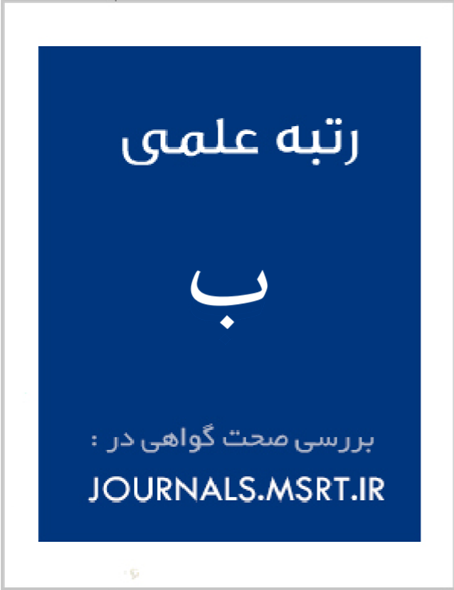تحلیل پدیدارشناسی تجربه اخلاقی توبه در متون فقهی و اخلاقی اسلامی
کلمات کلیدی:
توبه, اخلاق اسلامی, پدیدارشناسی, مسئولیت اخلاقی, ندامتچکیده
پژوهش حاضر با هدف فهم تجربه اخلاقی توبه در متون فقهی و اخلاقی اسلامی انجام شد. روش پژوهش، پدیدارشناسی توصیفی و مبتنی بر تحلیل متون کلاسیک از جمله آثار شیخ مفید، خواجه نصیرالدین طوسی و علامه طباطبایی بوده است. یافتهها نشان دادند که تجربه اخلاقی توبه در پنج مضمون محوری شامل «احساس ندامت اخلاقی»، «بازشناسی خطا»، «تصمیم به اصلاح»، «پذیرش مسئولیت اخلاقی» و «بازسازی رابطه با خدا» قابل تحلیل است. این مضامین نشاندهنده بُعد اخلاقمحور توبه در شریعت اسلامی هستند و میتوانند مبنای تدوین سیاستهای تربیت اخلاقی قرار گیرند.



